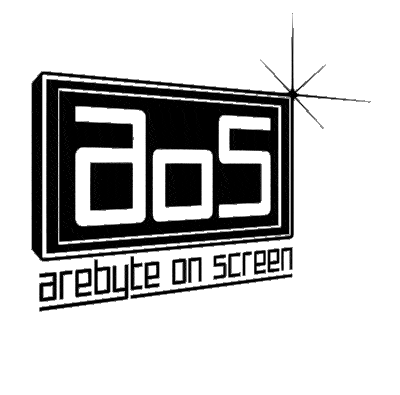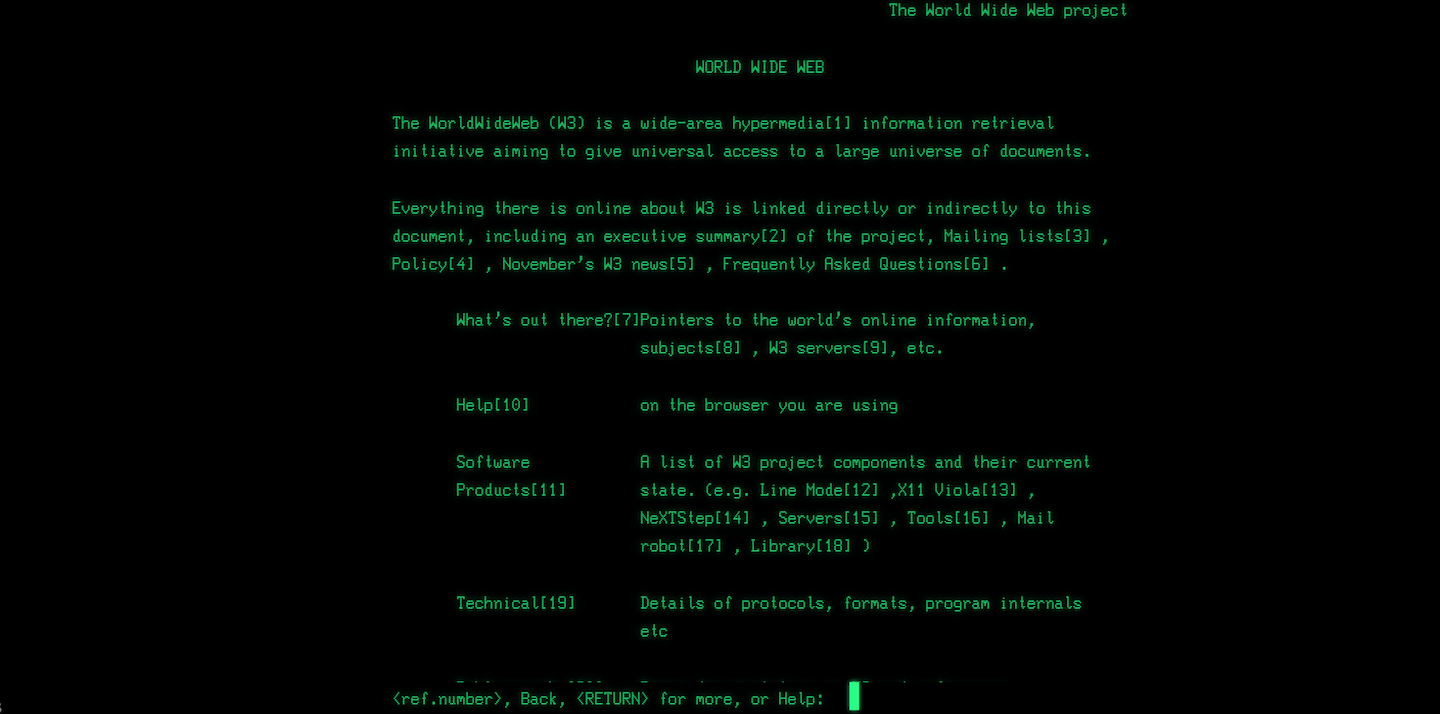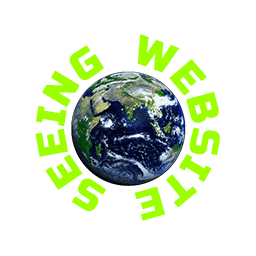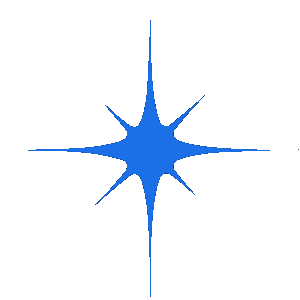O u t e r n e t
Curated by Carleigh Morgan
Our bodies have no identities: we are vivisected, sliced, captured, exported, paraded as a datafications, penetrated by internet logic and exported in packaged, bit-sized vesicles for upload to the cybersphere. We are a virtualized complex of organs floating in the grids of cyberspace. We obtain order through disorder; wrangle form from the chaos of platforms syncing, integrating, obscuring, and masking ourselves. The internet is IRL: “online” is a blood type.
The internet is a non-stop, heterogenous, multi-layered architectural organism composed of our virtualized identities. It governs via cannibalism. Despite prevailing considerations of the internet as inherently emancipatory; a harbinger of non-hierarchical communication; or a platform that operates with principles of decentralization and equality, the internet accelerates eruptions of the weird; incubates conspiracies and wild speculation; and is a portal that digitizes everyday life through its simulated colonizations of nature. It feeds off the weird excretions of its human parasites. The internet is an //// i d e o l o g y //// not just a backdrop. It’s not a tabula rasa, or a white plane onto which vectors of colour and noise and hypertext are splattered. It’s a computerized tapestry riddled with off-limit, out-of-bounds anomalies, assemblages, mistakes, slippages, outages, errors, leaks, and noise.
Outernet explores the interstitial spaces of the internet organism. It is arranged as a tour through the disturbing, foreboding, and bizarre spaces of the web that give users a glimpse of the internet’s architecture as political form and foreground how the spatial politics of the web cultivate Lovecraftian interruptions into the smooth spaces of the Internet.
Carleigh Morgan is a former Fulbright scholar and current PhD candidate at King’s College, London. Her dissertation explores the interfacial relationships between bodies and machines, with emphasis on the digital mechanisms that program subjects as legible by computer technologies. In 2016 she graduated with a Distinction from KCL’s MA in Contemporary Literature, Culture, and Theory programme for her work on algorithmic error and accident in digital artworks. Personal interests include writing object-oriented erotica and sending romantic dispatches to bots on Twitter, performances that are anchored in her interest in AI and leveraging digital networks to foster creative communication between humans and robots. She currently works as a research assistant at the Centre for Digital Culture where she organizes national and international events that examine digital technologies, political futures, and post-capitalist imaginaries, and is an active speaker at conferences spanning STEM and the Arts and Humanities. She has several publications forthcoming.




